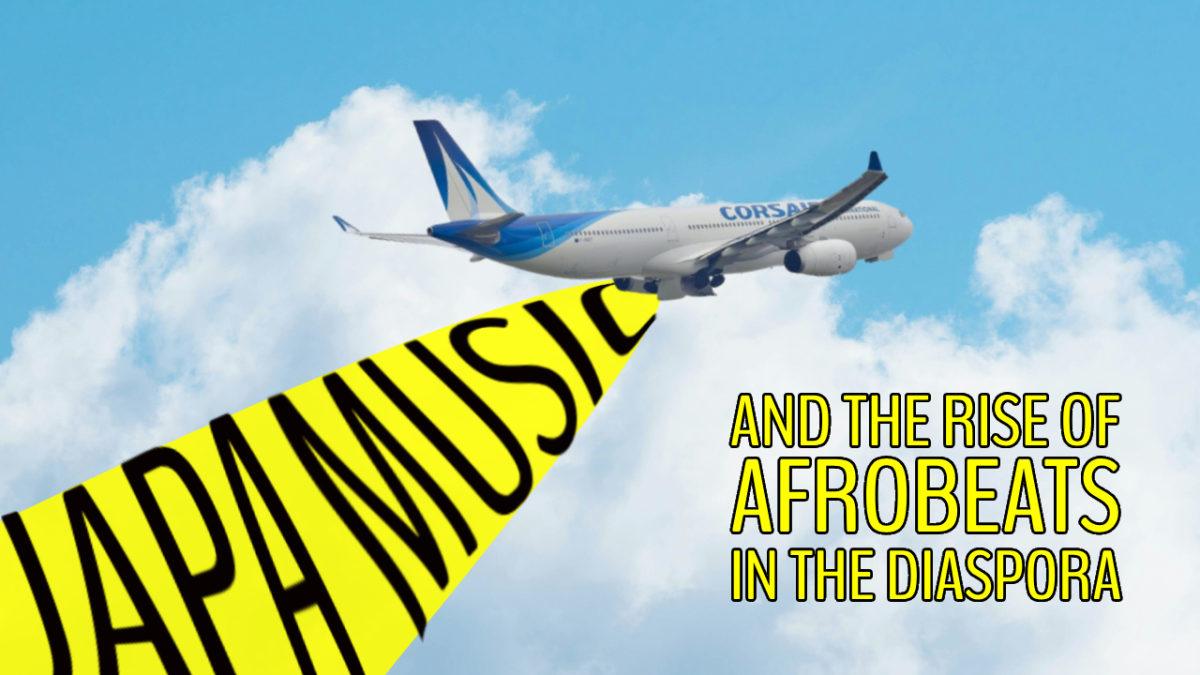Afrobeats, once firmly rooted in West Africa, is now undergoing a glorious transformation into the new culture zeitgeist. From TikTok videos featuring diverse accents harmonizing to Rema to Davido’s triumphant third sold-out performance at the O2 Arena. Why does everyone love it? Lagos to London, New York to Tokyo; everyone has at least one Afrobeats song on a playlist. We all love it because you can make it into anything you want if you’re creative enough. Afrobeats Artists in the Diaspora are especially guilty of this. They are known for fusing Afrobeats with anything from Hip-Hop to EDM to Lo-Fi music. Spotify describes this as ‘Fusion by Nature’. Afrobeats’ ability to blend with other genres is likely due to the fact that it is a blend itself.
AFRO-FUSION AND THE DIASPORA
Afrobeat as created by Fela was a fusion of traditional African music and some elements of funk, jazz, etc. Afrobeats that we know today is an even more convoluted version of the initial recipe. Never mind the confusion, this has resulted in music that can be twisted, turned, bent and shaken.
Garhe Osiebe notes that Nigeria’s over 200 million-strong population comprises a middle class that ranks among the world’s most migrated in an article on Afrobeats’ current global moment. There are numerous Nigerian communities spread across the world controlling their own little spheres of influence. Artists who grew up in or around these spaces are simultaneously exposed to traditional Nigerian culture as well as that of their immediate surroundings. This has spurned a new rendition of Nigerian culture and Nigerian music which is more relatable and more appealing.
These new sounds are deeply rooted in African traditions and infused with the contemporary vibes of the artists’ current surroundings. Artists like Obongjayar blend African rhythms with elements of highlife and modern afro-swing. This music adequately represents the native of Calabar as well as the cosmopolitan of London, where he spent much of his formative years. The duality in his sound not only represents his own life but also appeals to a wider audience. With such reach, it’s understandable how Afrobeats is now one of the most listened to genres in the world. However, as Afrobeats gains global acclaim, two questions stay on my mind.
AFROBEATS AND CULTURE
The first one; how do we protect the culture embedded in this music from dilution? The Department of Music at the University of Nigeria, Nsukka (UNN) has reported a disappearance of traditional music. They claim that it is owed to the “overdose of various musical genres and styles that are currently imported into the country”. It is no news that when something becomes appealing and more relatable, it loses some defining qualities. Many Nigerians are finding themselves introduced to new foreign genres as opposed to a discovery of new Afrobeats styles.
The second question is; will these globally acclaimed artists bring their talents back home? I’m sure we’re all tired of pretending like we didn’t notice that Rema canceled all his concerts in Nigeria. There’s also the curious case of Burna Boy who is notorious for assaulting and disrespecting only his local fans. Not to mention how distant his latest project “I Told Them” is from his traditional Afrobeats music. Even smaller artists like ODUMODUBLVCK are skipping local features in favor of international ones. How many Ed Sheeran features would it take before that Omah Lay song is barely Afro and only RnB?
HARMONIZING AFROBEATS’ SUCCESS
The success of Burna Boy or even Ckay has illuminated the potential for a thriving music industry on the continent. Afrobeats is no longer a regular musical genre but a global phenomenon. Afrobeats artists have found themselves at a unique position where they can directly impact their community in huge ways. The two questions contemplate whether successful artists are willing to contribute to a healthy ecosystem for African music. The impact of the music industry with its current success can ripple throughout other industries through support, festivals, employment, tourism and overall making Nigeria less trashy.

